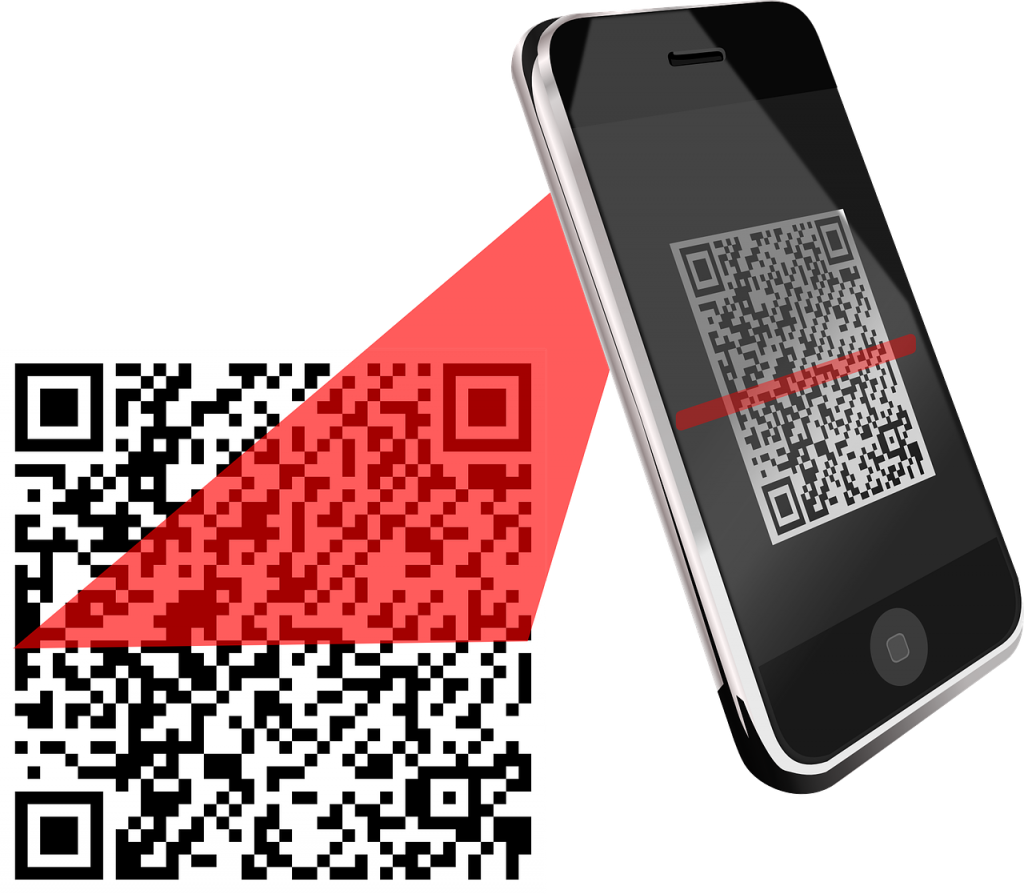With the Covid-19 pandemic accelerating the adoption of digital payments, it was only a matter of time before payments providers began pushing the technology beyond mainstream merchants, such as retailers and restaurants, and down to professions with specialized needs, such as realtors, attorneys, and healthcare providers.
DepositLink Inc., a Boston-based provider of payment solutions to real-estate firms, on Wednesday announced that RealtySouth, the largest real-estate firm in Alabama, will deploy a custom payment management system to move payments received by its agents, such as earnest money, from a payment queue and in select batch amounts, to multiple bank accounts using the DepositLink platform. In addition, the solution provides RealtySouth with a batch history page to track and report on all payments deposited into their accounts.
RealtySouth expects the adoption of DepositLink to provide a safe and efficient platform for processing security deposits, usually within 24 hours. The idea is to eliminate the time needed to collect a paper check, make a bank deposit, and wait for funds to clear.

“When you are dealing with earnest money, you need to be sure the processes are safe and secure and the proper controls are in place,” RealtySouth chief financial officer Stephen Crigler says in a prepared statement. “DepositLink’s team was able to adapt their technology to seamlessly fit into our back-end processes. It is saving us a significant amount of time, increasing efficiency, and improving our buyers’ experience in this highly competitive marketplace.”
DepositLink works with many of the largest real-estate affiliates in the world, such as Keller Williams, Century 21, and Sotheby’s, supporting deposits and payments for a variety of transaction types, including new home sales, rentals, and commissions, Christina Kline, director of marketing for DepositLink says by email.
LawPay, another payments provider serving professionals with specialized payment needs, on Wednesday announced it will enable law firms to accept payments using QR codes printed on client invoices for in-office payments.
The push for QR code adoption is twofold. First, attorneys recognize the need to add contactless payments as a complement to existing online payment options, which have grown rapidly among law firms since early 2020, LawPay says. Second, as more attorneys return to the office, they are recognizing a need to add a contactless in-office payment option. Since early 2021, 57% of attorneys have returned to the office, according to a client survey by LawPay, an Austin, Texas-based a provider of billing and collections applications for law firms.
The QR codes can be displayed at reception or printed on an invoice. When a client scans the QR code, she is sent to a mobile-friendly payment page hosted on a secure server where she enters her payment information, which is encrypted and routed to LawPay’s system.
“This addition to our LawPay product provides our customers’ clients with yet another way to pay from their phone,” Greg Kattawar, executive vice president of product and engineering for LawPay, says in a prepared statement. “Our recent research shows that more than one-third of clients are ready to make online payments via their mobile devices, and that number continues to grow.”
In the health-care arena, payment processor Repay Holdings Corp. announced a partnership Wednesday with Pittsburgh-based Credit Management Company to provide health-care systems with an omnichannel payment service using Atlanta-based Repay’s BillingTree application.






